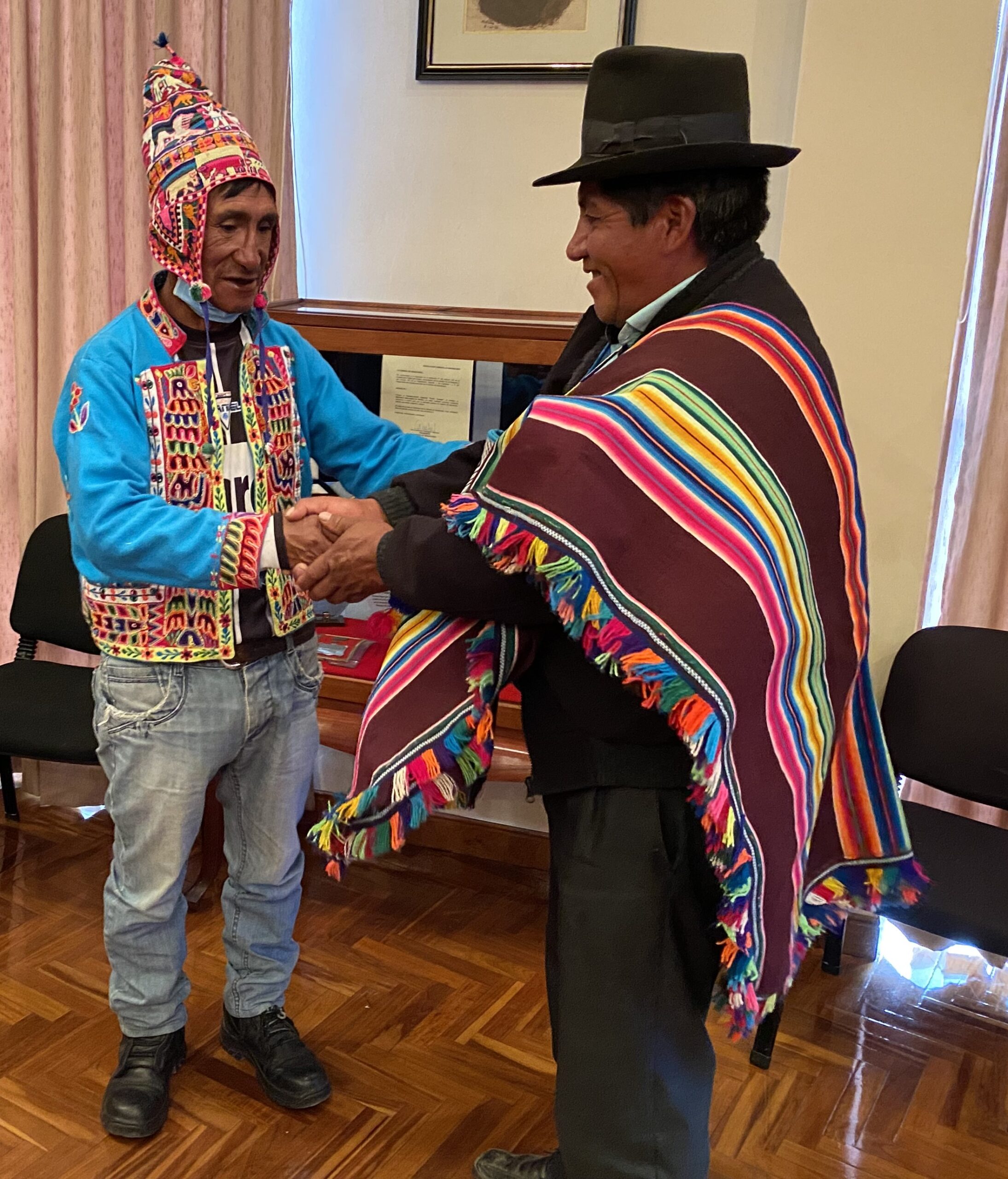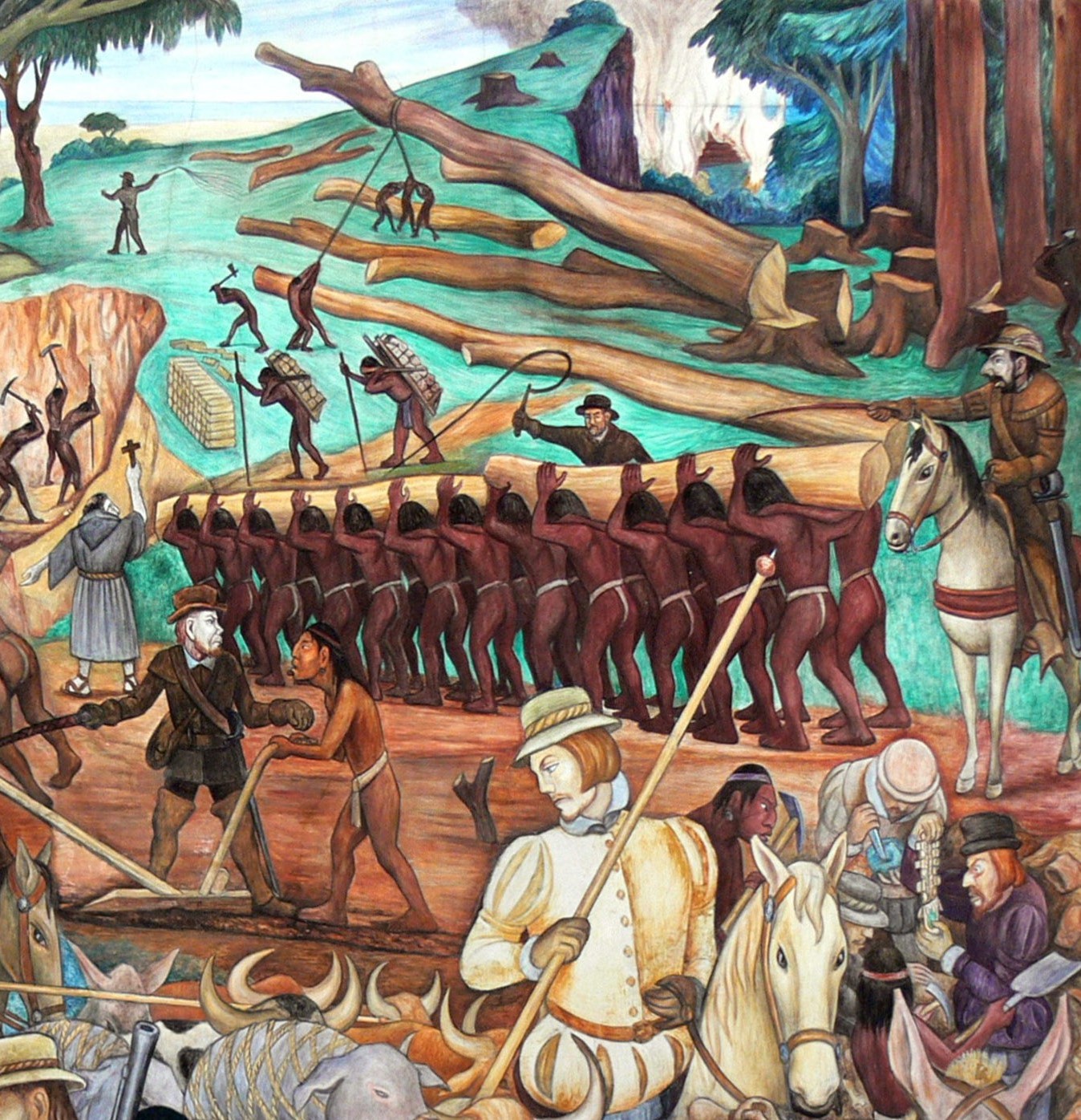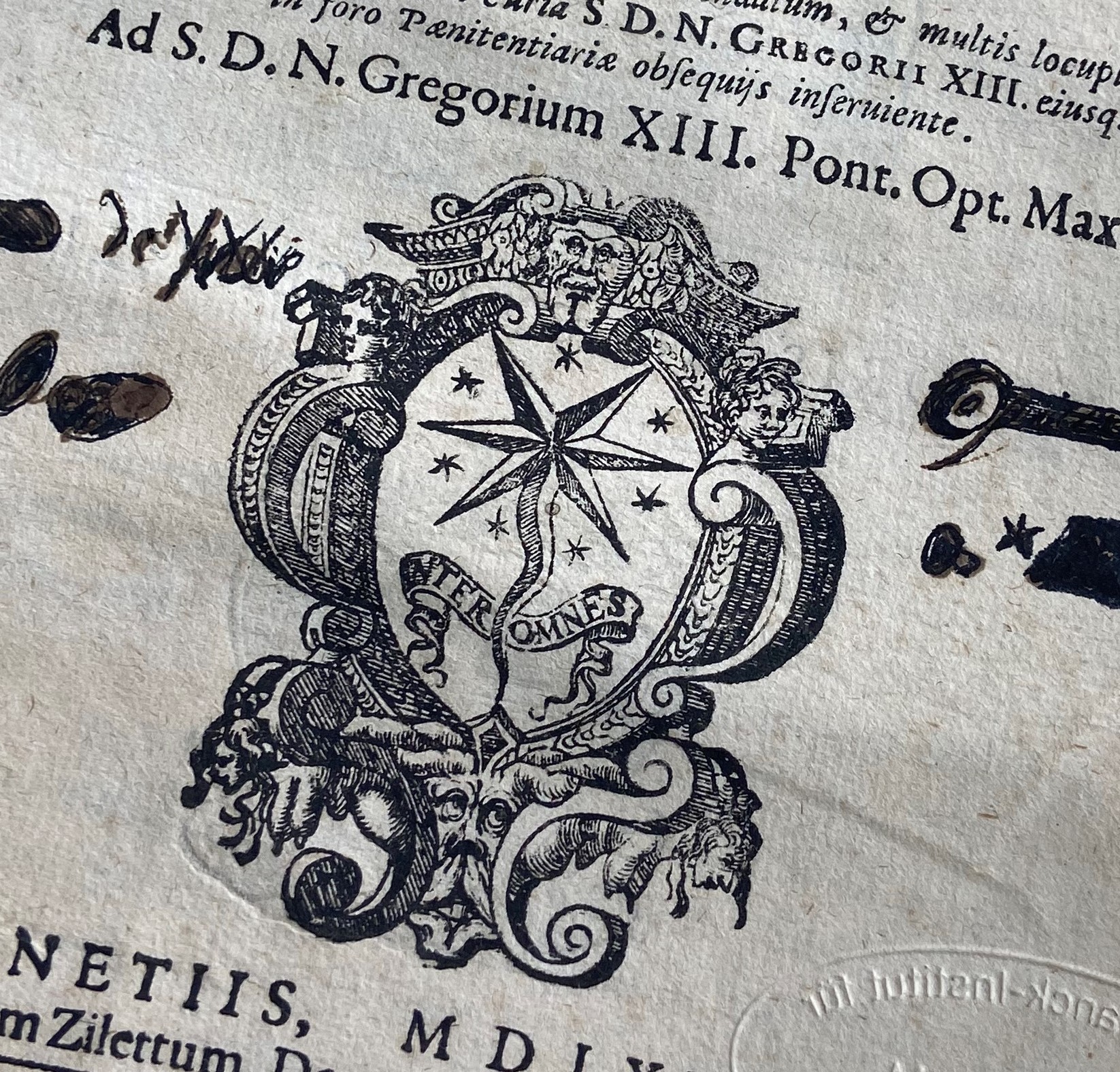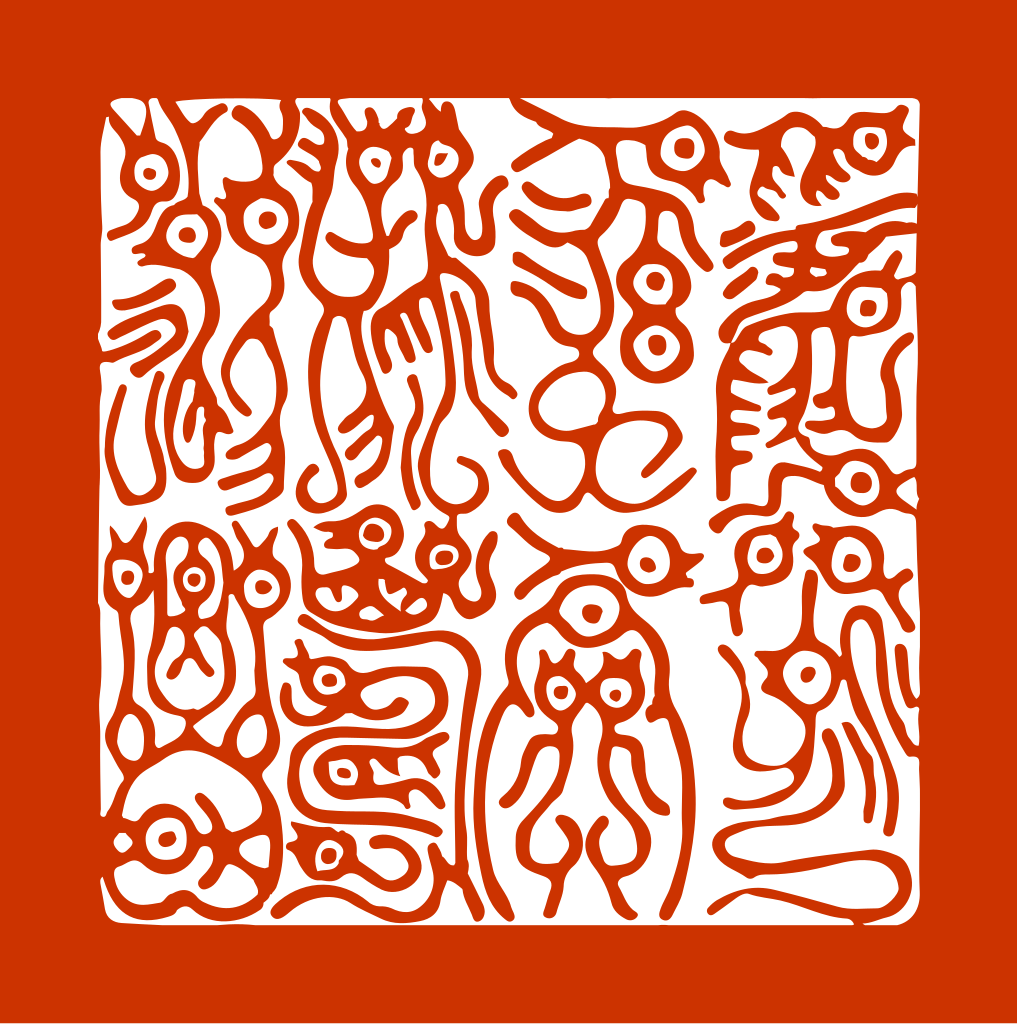From the department of Historical Regimes of Normativity at the Max Planck Institute for Legal History and Legal Theory

„Wir werden interviewed, aber andere schreiben.“ Plurinationale Geschichten für einen plurinationalen Staat?
Nimmt man “Rechtspluralismus” ernst, so muss auch Rechtsgeschichte aus vielen Rechtsgeschichten bestehen. Im plurinationalen Staat Bolivien versucht man das umzusetzen, indem indigene Völker ihre Rechtsgeschichten selbst schreiben. Ein Bericht von einer Tagung in Sucre im September 2023.

“No era razón traerme hecho esclavo”. Pleitos por la libertad de indígenas americanos en la España del siglo XVI
Entre 1542 y 1543, la corona española aprobó las Leyes Nuevas, un conjunto de disposiciones que prohibían esclavizar a los indígenas americanos. Estas leyes tuvieron efecto no solo en América sino también en España, donde a mediados del siglo XVI residían varios miles de indígenas esclavizados, algunos de los cuales decidieron acudir a los tribunales para luchar legalmente por su libertad. La presente nota estudia este tipo de pleitos a partir de un caso de estudio localizado en el Archivo de Indias (Sevilla).

Citations for the uninitiated
Early modern Jesuit colleges were centers of normative knowledge production. Their professors of theology, canon law, and casuistry left extensive notes on the moral challenges met by missionaries all over Asia. However, for the contemporary scholar, understanding these puzzling notes can be challenging. What happens when one comes across a citation that seems … odd? And how about when it takes almost a decade to solve one single citation?

Narrating Chinese Legal Tradition Across Time and Space
Assessing collaborations in the intersection of law, politics, and the society and facilitating a deepened dialogue with China requires not only profound knowledge of Chinese legal thinking and legal tradition(s), but also crossing our national traditions when practicing Chinese legal history (in a global perspective). From 12 until 16 June, 15 scholars of Chinese law from China, Europe and the United States followed the invitation of the Max Planck Institute for Legal History and Legal Theory (mpilhlt) to participate in the first of what is meant to be a series of workshops on Chinese legal tradition.
About Us
Legal History Insights is a blog about legal history, created by the researchers, guests and affiliated researchers of the department of Historical Regimes of Normativity at the Max Planck Institute for Legal History and Legal Theory.

 This work is licensed under a
This work is licensed under a 